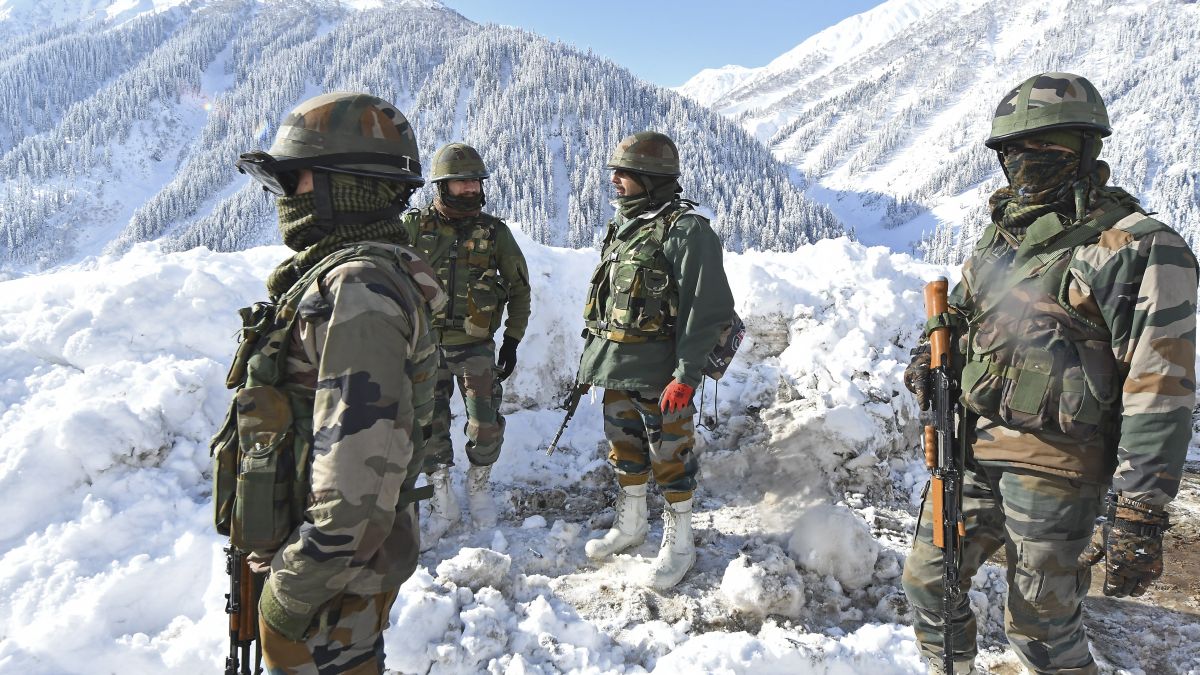“We reached an agreement on patrolling and with that the disengagement that we have gone back to where the situation was in 2020 and we can say… with that the disengagement process with China has been completed,” said External Affairs Minister S Jaishankar shortly after the two sides signed on the dotted line, resolving the border row in eastern Ladakh.
The deal between the two countries comes after almost four years of negotiations. Ties between India and China deteriorated in 2020 when 20 Indian soldiers died in the Galwan clash in eastern Ladakh. The clash had also claimed the lives of several Chinese soldiers.
Since then, New Delhi maintained that ties with Beijing would only normalise after the situation at the de-facto border returns to what it was in 2020.
But what changes with this deal that India and China have agreed on? Also, what doesn’t change? Does this deal mean that we have gone back to the times of ‘Hindi Chini Bhai Bhai’? We decode it all.
What deal has India-China agreed upon?
On Monday (October 21), India’s Foreign Secretary Vikram Misri announced that India had reached an agreement with China on patrolling along the Line of Actual Control (LAC) in eastern Ladakh. This, he said, was a major breakthrough in ending the four-year-long military standoff between the two nuclear-armed nations.
“Over the last several weeks, Indian and Chinese diplomatic and military negotiators have been in close contact with each other in a variety of forums,” the foreign secretary said, adding, “As a result of these discussions, agreement has been arrived at patrolling arrangements along the Line of Actual Control in the India-China border areas, leading to disengagement and a resolution of the issues that had arisen in these areas in 2020.”
“We will be taking the next steps on this,” Misri stated without providing any additional information.
The two countries have been locked in talks since the Galwan clash, aiming to resolve the friction points. The root cause of these tensions remains the ill-defined, 3,440 km-long disputed border, bringing soldiers face to face at many points, sparking a confrontation.
In fact, the deal finalised on Monday is the culmination of 31 rounds of diplomatic discussions and 21 rounds of military talks over four years.
What changes with this deal?
While Misri didn’t provide the exact details, officials within the Defence Ministry have said that the deal allows both countries to revert to the situation that was prevalent before June 2020.
As S Jaishankar explained now Indian and Chinese soldiers will be able to resume patrolling in the way they had been doing before the border face-off began and the disengagement process with China has been completed.
The agreement will now facilitate patrolling in Depsang and Demchok areas.
Patrolling in Depsang is significant because it is just 30 km away from the Daulat Beg Oldie post near the Karakoram Pass in the north. It is also a flat surface amid mountainous terrain, which can be used to launch a military offensive. For India, maintaining control over Demchok is critical due to its proximity to the Indus River, which is essential for irrigation and water security in Ladakh and northern India. Any shift in the status quo could disrupt water flow and have severe consequences for local populations.
With the agreement signed, Indian troops can patrol up to patrolling point (PP) 10 to 13 in the Depsang Plains, and in Charding Nullah of Demchok, reports the Indian Express.
The agreement also includes new patrolling protocols — patrolling will be carried out along the LAC, at a frequency of twice a month. The pact also states that at least 14-15 troops, against the traditional strength of 13-18, will carry out the patrol. Also, patrol programmes will be shared between India and China, and in case of a clashing date, it will be mutually changed.
The pact between India and China will also result in the de-escalation of troops in the region. Following the Galwan clash, both sides had increased their troop presence in the area.
What doesn’t change with this deal?
While India and China have agreed on this deal, a big breakthrough in the border standoff, it doesn’t mean that ties between the two have normalised completely.
The two countries have not had any direct flights for four years. While Beijing has been pushing for this, New Delhi has yet to permit it.
India’s ban on almost 300 Chinese mobile apps also continues. According to Indian government authorities, these apps were gathering sensitive user data and requesting important permissions. It is said that servers in the hostile nation are receiving and using the acquired data improperly.
What do experts say?
Experts also note that India should proceed with caution when it comes to China. While Beijing has agreed to resume patrolling, it is to be seen if execution on the ground changes. As Farwa Aamer, a South Asia expert in the US, was quoted as telling the South China Morning Post, “The issues between China and India are also far from resolved. The agreement is a step towards normalcy if not a full-blown reset just as yet, for Sino-Indian ties.”
And Michael Kulegman of the Wilson Centre agreed. He said, “China won’t stop being a strategic competitor to India, and New Delhi’s broader concerns about Chinese power and provocations won’t abate, just because there’s a border accord”.
Even geostrategic analyst Brahma Chellaney said that while the move should be welcomed, it is not done and dusted. “The Chinese have yet to release their statement on this understanding, and we have to recognise that China is not going to roll back its land grabs in Depsang and Demchok,” he said to India Today.
“What this new patrolling arrangement is, only time will tell, because details keep out slowly, as they did in the case of the buffer zone arrangements,” he added.
With inputs from agencies


)

)
)
)
)
)
)
)
)



